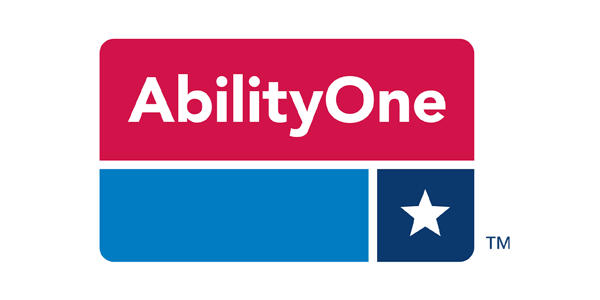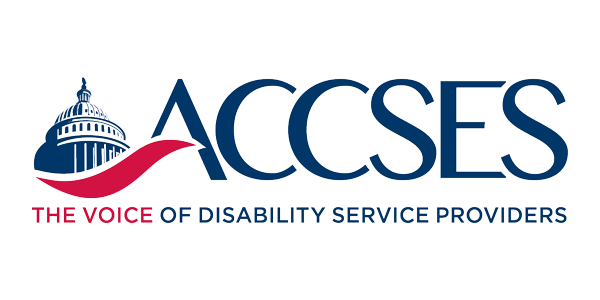
Access to Employment: Enhancing Mental Health in the Workplace
October is National Disability Employment Awareness Month (NDEAM), and as we recognize World Mental Health Day, it’s important to highlight the powerful link between employment and mental well-being in the workplace. At Challenge Unlimited, we believe that creating inclusive employment opportunities doesn’t just help individuals with disabilities achieve financial independence—it also plays a vital role in improving their mental health.
The Link Between Workplace Mental Health and Employee Productivity
Research consistently shows that having access to meaningful employment significantly boosts mental health. Employees, especially those with disabilities, experience higher self-esteem, reduced stress, and a stronger sense of purpose when they are engaged in work. For employers, this translates into improved productivity, lower turnover rates, and a more positive workplace culture.
- Self-Esteem and Confidence: Employment helps individuals feel valued and purposeful.
- Social Connections: Interacting with colleagues reduces feelings of isolation, which is a known factor in mental health challenges.
- Financial Stability: Employment alleviates financial stress, one of the major contributors to anxiety and depression.
According to the National Alliance on Mental Illness (NAMI), individuals with mental health conditions who are employed are 3.4 times more likely to experience recovery than those who are unemployed (NAMI) This highlights why inclusive employment strategies, such as those advocated by NDEAM, are critical for businesses looking to foster a mentally healthy workforce.
NDEAM: Why Inclusive Employment Policies Improve Workforce Well-being
NDEAM shines a light on the benefits of employing individuals with disabilities. Businesses that implement inclusive hiring policies not only offer opportunities to underserved communities but also create environments that support overall workforce well-being.
At Challenge Unlimited, we’ve seen firsthand how access to employment positively impacts mental health:
- Increased Community Inclusion: When individuals feel part of a team, their mental health improves.
- Skill Development: Learning new skills fosters a sense of accomplishment and reduces feelings of inadequacy.
- Reduced Stigma: Inclusive workforces actively fight the stigma associated with both mental health and disabilities.
How Access to Employment Reduces Mental Health Risks in the Workplace
For businesses, inclusive hiring practices are more than a diversity goal—they are a proven strategy to enhance workforce mental health. Research from Mental Health America (MHA) reveals that companies that prioritize mental health in the workplace see improvements in employee satisfaction and engagement (Mental Health America).
This approach doesn’t just help the individuals hired—it creates a healthier work environment for all employees. Inclusive employment fosters empathy, diversity of thought, and a supportive work culture, all of which are essential for minimizing workplace stress and burnout.
Data Supporting the Benefits of Employment on Mental Health
Here’s some compelling data to back up the benefits of employment for mental health:
- NAMI reports that individuals with mental health conditions are 3.4 times more likely to recover if employed (NAMI).
- Mental Health America’s (MHA) “Mind the Workplace” report found that over 75% of employees experience workplace stress, which affects their mental health and productivity (Mental Health America).
- A study from the American Journal of Public Health shows that people with disabilities who are employed experience 22% fewer mental health challenges compared to those who are unemployed (NAMI).
Resources for Workplace Mental Health
- NAMI: Provides guidance on creating mental health-friendly workplaces. NAMI Employment Resources (NAMI).
- Mental Health America (MHA): Offers tools to help employers support mental health in the workplace. MHA Mind the Workplace(Mental Health America).
Conclusion
At Challenge Unlimited, we believe that creating inclusive employment opportunities is not only good for individuals with disabilities—it’s good for business. By supporting workforce mental health through inclusive practices, organizations can improve productivity, reduce turnover, and create a more positive workplace culture. This World Mental Health Day and throughout NDEAM, let’s commit to building work environments that promote mental well-being for all.











